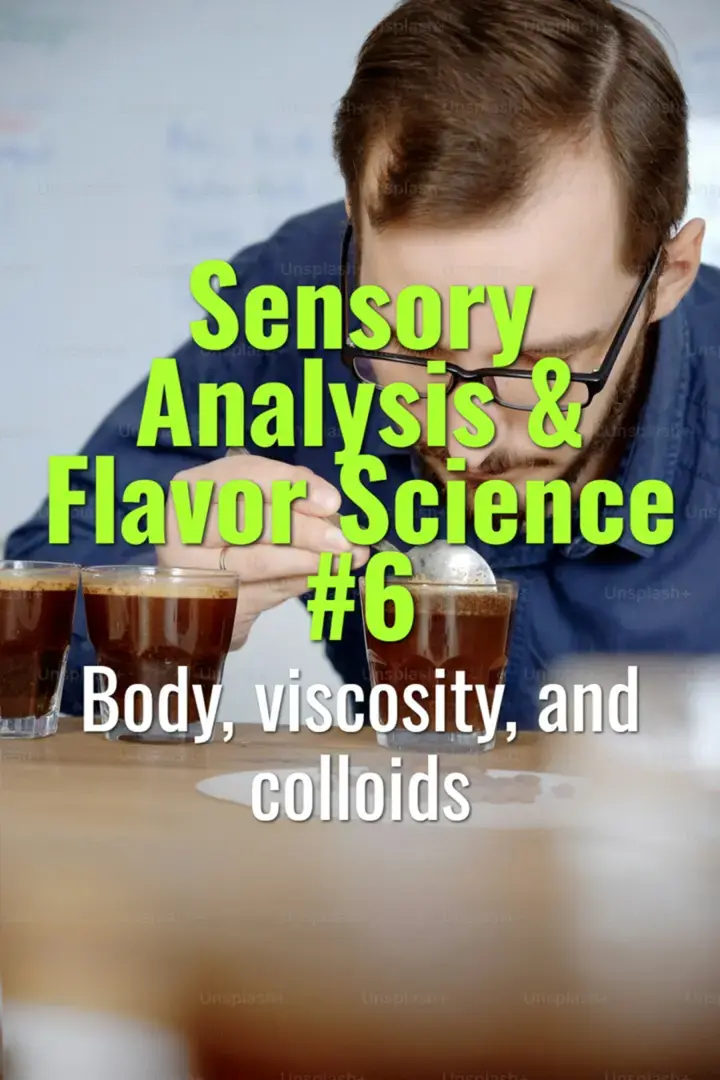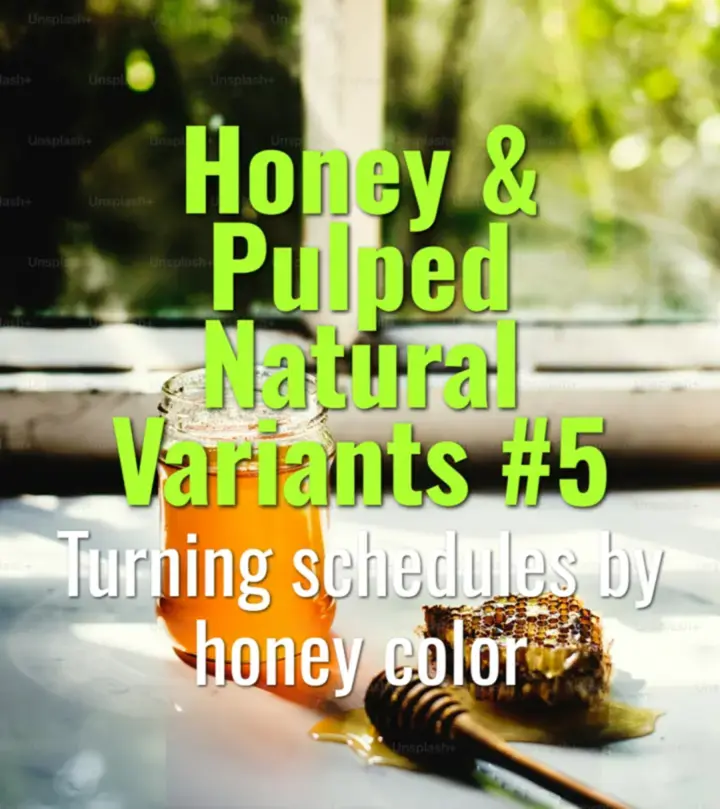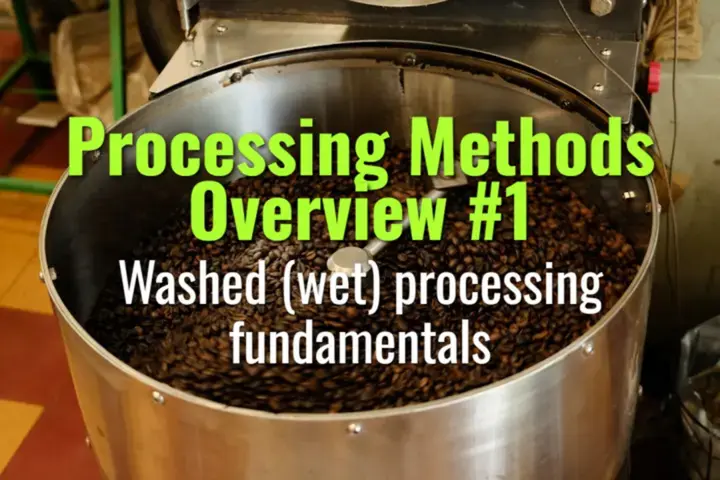
Detecting common taints and defects
How to recognize, describe, and differentiate common taints and defects in coffee during sensory evaluation.

How to recognize, describe, and differentiate common taints and defects in coffee during sensory evaluation.

How body in coffee is perceived, the role of viscosity and colloidal particles, and how processing and brewing influence tactile sensations.

How to design and rotate brew bar offerings—manual filter methods and single-origin features—while keeping the menu dynamic and customer-focused.

This topic explains how turning schedules vary by honey process color (white, yellow, red, black), why frequent turning is critical, and how it impacts drying speed, risk, and flavor development.

This topic explains the fundamentals of washed (wet) coffee processing, covering the main steps, advantages, challenges, and sensory outcomes of this widely used method.

This topic explores the characteristic flavor profiles of coffees from different continents, showing how terroir, cultivars, and processing methods shape sensory identities across regions.